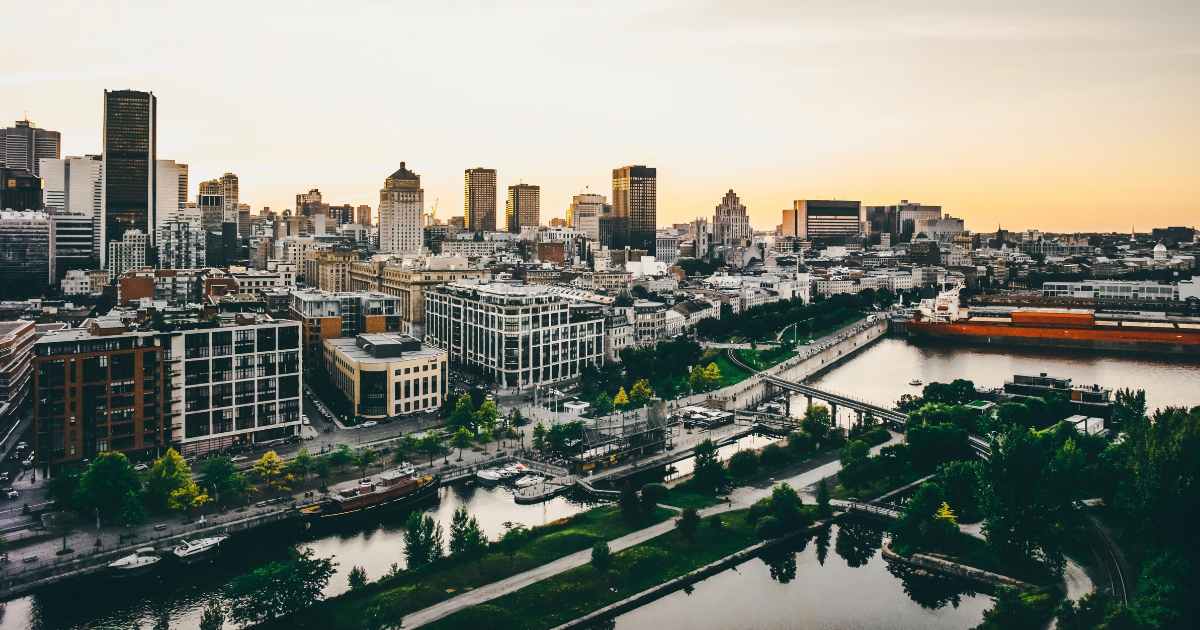
After four years of talk, Infrastructure Week became a “catch-all term” meant to offer empty promises to the American people. From the beginning of 2017, there were talks of bipartisan efforts to rebuild America’s highways, bridges, railways, and airports, but unfortunately not much was accomplished in this area.
Alas, despite broad support from the American electorate—69% of Americans agreed in early 2017 that spending more on infrastructure was “very important”— there was little effect on the lives of everyday Americans for these efforts. Fortunately, the talking did raise important questions and offer insight into just how important infrastructure investment really is.
A few months into the current administration, there is similar rhetoric now backed by action in the form of the American Rescue Plan: a $1.9 trillion legislative package aimed at helping Americans successfully emerge from the COVID-19 pandemic, including $365 billion in direct funding for infrastructure systems.
$30 billion of the American Rescue Plan is earmarked for transportation, offering U.S. public transit a “fiscal shot in the arm” after a historically challenging year. Due to the effects of the pandemic, public transit ridership dropped 79% in 2020 from 2019 levels, causing a massive reduction in agency fare revenue, as well as increased anxiety about using a shared mode of transport.
Going even further, the American Jobs Plan was unveiled which aims to, among other things, “fix highways, rebuild bridges, upgrade ports, airports, and transit systems.” The plan arrives at a unique position in our history as we endure a global pandemic amidst rising financial, political, and social unrest.
The plan itself calls for a “moment to reimagine and rebuild a new economy.” This attitude is encouraging. It also shows the proactive way to approach our current condition by taking advantage of change and strife to effectuate positive outcomes. As Rahm Emmanuel (or Winston Churchill or someone else) once said:
“Never let a serious crisis go to waste.”
Maybe it shouldn’t come as a surprise that a President with a nickname like “Amtrak Joe” has been pushing so positively and proactively on these types of initiatives with the mantra of “build back better.” So far, the financial actions are close to matching the rhetoric, but it’s up to us—the American people—to hold this administration collectively accountable for positive outcomes. Investment in infrastructure, given the popularity, is not politically dangerous or a financial sinkhole. As one example, investment in transit can yield a five-to-one return for the economy.
As we return to normal from the pandemic—getting back to work, back to school, and caring for those with ongoing and newfound health challenges—this type of investment will yield an even greater social return. With this chance to reimagine our world and build back better comes an opportunity to make investments in infrastructure a constant part of our lives. What would our experience be if politicians kept this attitude throughout the entirety of their term?
What if every week really was Infrastructure Week?
